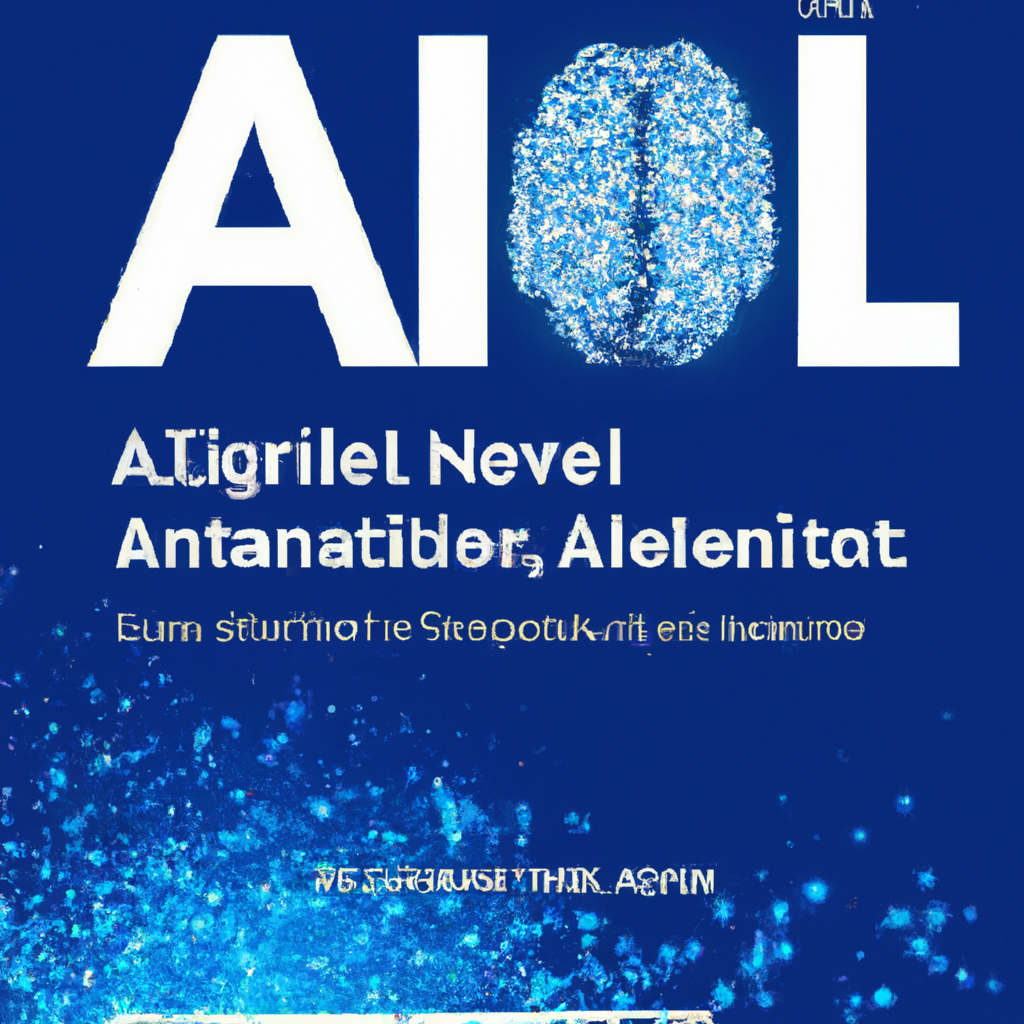What Are The Main Goals Of AI? In the ever-evolving landscape of technological advancements, Artificial Intelligence (AI) has emerged as a prominent force. A branch of computer science, AI aims to simulate human intelligence in machines, enabling them to perform tasks that typically require human intelligence. With its application spanning various industries, AI has become a significant area of interest and research. This article explores the main objectives of AI, shedding light on how this burgeoning field seeks to mimic human intelligence to enhance efficiency, accuracy, and innovation in a multitude of domains. lets see What Are The Main Goals Of AI?

Problem Solving and Decision Making
The main goal of Artificial Intelligence (AI) is to improve problem-solving and decision-making processes. Through AI technology, machines are able to identify and analyze complex problems, providing valuable insights and solutions that can be difficult for humans to uncover. AI algorithms can process large amounts of data and identify patterns and correlations that may not be immediately apparent to humans. This ability to analyze data and provide objective insights can greatly enhance decision-making processes, allowing businesses and individuals to make more informed and effective choices.
Automation
Another major goal of AI is to increase efficiency and productivity through automation. AI technology can streamline processes by eliminating repetitive tasks and streamlining workflows. By automating mundane and time-consuming tasks, AI can free up human resources to focus on more valuable and strategic activities. This can lead to significant cost savings and increased productivity for businesses. Additionally, automation through AI can help reduce the risk of human error and improve overall accuracy and quality in various fields, from manufacturing to customer service.
Learning and Adaptation
AI aims to observe and learn from data in order to improve performance over time and adapt to new situations and environments. Machine learning algorithms enable AI systems to recognize patterns and make predictions based on historical data. This ability to learn and adapt allows AI systems to continuously improve their performance and make more accurate decisions. In fields such as finance or healthcare, AI can analyze vast amounts of data to identify trends and patterns that humans may not be able to detect. This can help organizations stay ahead of the curve and make more informed decisions.

Natural Language Processing
Natural Language Processing (NLP) is a key goal of AI, focusing on the ability of machines to understand and generate human language. NLP enables AI systems to interpret and process text, speech, and other forms of natural language, facilitating communication and interaction between machines and humans. By understanding human language, AI systems can perform language-based tasks such as language translation, sentiment analysis, and text summarization. NLP also enables the development of intelligent chatbots and virtual assistants that can provide personalized experiences and assist with various tasks.
Computer Vision
Computer Vision is a field of AI that focuses on the interpretation and analysis of visual information. The goal is to enable machines to understand and interpret images and videos, similar to how humans do. Through computer vision, AI systems can recognize objects, track their movements, and understand visual scenes. This has applications in various fields, such as autonomous vehicles, surveillance systems, and medical imaging. Computer vision can also enable AI systems to analyze and extract insights from visual data, providing valuable information for decision-making processes.
Robotics
The goal of AI in robotics is to enable physical interaction with the world. AI-powered robots can perform tasks that would be difficult or dangerous for humans, such as handling hazardous materials or exploring extreme environments. Through AI algorithms, robots can navigate autonomously, manipulate objects, and even collaborate with humans in various tasks. Robotics with AI has the potential to revolutionize industries such as manufacturing, healthcare, and agriculture by increasing efficiency, productivity, and safety.
Virtual Agents and Assistants
AI aims to create intelligent digital entities, known as virtual agents and assistants, that can support and enhance human activities. Virtual agents can be designed to perform specific tasks, such as customer service or personal assistants, providing personalized experiences and assistance. These virtual agents can automate tasks, answer questions, and provide recommendations, freeing up human resources for more complex and strategic activities. The goal is to create virtual agents that can understand and respond to human needs and preferences, improving overall user experience.
Data Analysis and Prediction
AI focuses on the ability to examine and extract insights from large datasets to support decision-making processes. With the increasing availability of data, AI algorithms can analyze vast amounts of information to identify trends, patterns, and correlations. This allows organizations to forecast trends and outcomes, optimize resource allocation, and make data-driven decisions. AI-powered data analysis can be applied to a wide range of fields, from finance to healthcare, to derive valuable insights and improve performance.
Enhancing Human Abilities
AI aims to augment human capabilities by improving physical and cognitive functions. In healthcare, AI-powered systems can assist in diagnosing diseases and developing personalized treatment plans. In education, AI can provide personalized learning experiences, adapting to the needs and preferences of individual learners. Beyond healthcare and education, AI technology has the potential to assist people with disabilities, enabling greater independence and inclusiveness.
Ethical and Responsible AI
As AI technology advances, ensuring fairness, privacy, and accountability becomes a critical goal. Ethical and responsible AI aims to address concerns related to biases in AI algorithms, protect privacy and security of user data, and promote transparency and accountability in AI systems. By addressing these issues, AI can be developed and deployed in a way that benefits society as a whole, without causing harm or discrimination. The goal is to establish ethical frameworks and guidelines that govern the development and use of AI technology, promoting trust and confidence in AI systems.
I hope you must understand What Are The Main Goals Of AI? by reading this article.
